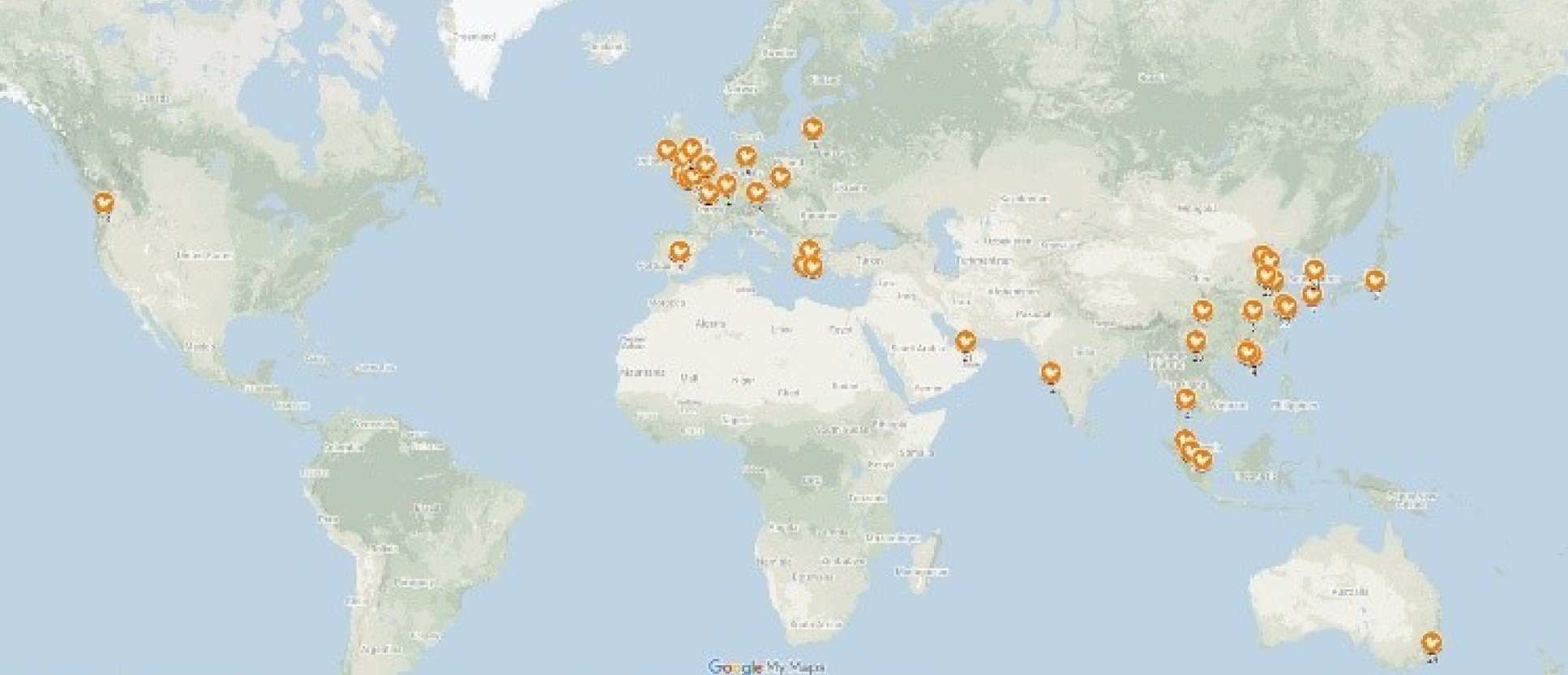To ensure that students working remotely because of the COVID pandemic could still learn what it takes to be a field ecologist, the teaching team of the Ecology and Evolution module in first year Biological Sciences redesigned the module's field project topics as a virtual field course.
This encompassed two projects requiring students to collect data in their own location and use analysis and interpretation to write results reports. In the Dawn Chorus project, the students measured bird diversity from counts of unique songs they could hear from their own location. In the Tea Bag Decomposition project, the students measured rates of microbial decomposition activity by burying tea bags near their home, based on the Tea Bag Index.
The virtual elements consisted of pre-recorded instructional videos on the field project activities and report writing plus background information on how these activities related to previous Silwood Campus Field Projects. Videos were supported with asynchronous Q&A sessions, as well as regular virtual office hours.
The students worked in teams, spread across the world, to organise their data collections and analysis, but their report writing was done individually. Remote teaching was embedded in the learning outcomes and highlighted as an opportunity to work with global datasets and distributed teams using remote communication channels, especially Microsoft Teams, which was used to allow filesharing and group collaboration. A specialist mobile app/website called Epicollect5 was also used by the students to collect and upload data.
Dr Audrey Geffen, module co-convener, said about the virtual field work: "We made it clear that the purpose of the field work course had not changed and encouraged students to be innovative and utilise problem solving skills to meet the challenges one can face in doing field work."

Contact us
To find out more about these projects or to discuss how to develop your own teaching delivery, get in touch with the Faculty Ed Tech Team at fonsedtech@imperial.ac.uk.